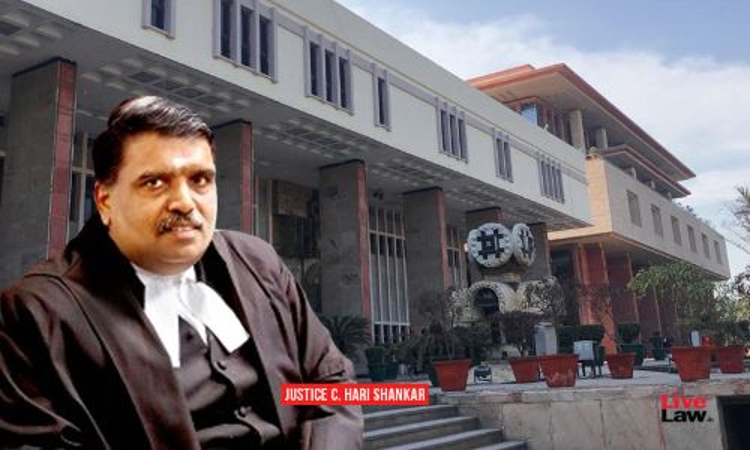While granting relief to five jhuggi dwellers in the city, the Delhi High Court has observed that when the poor and deprived knock at the doors of the Court, it is required to be sensitive and sensitised in equal measure.Justice C Hari Shankar further observed that the Court is required to remain alive to the fact that such litigants do not have access to exhaustive legal resources."Law, with...

